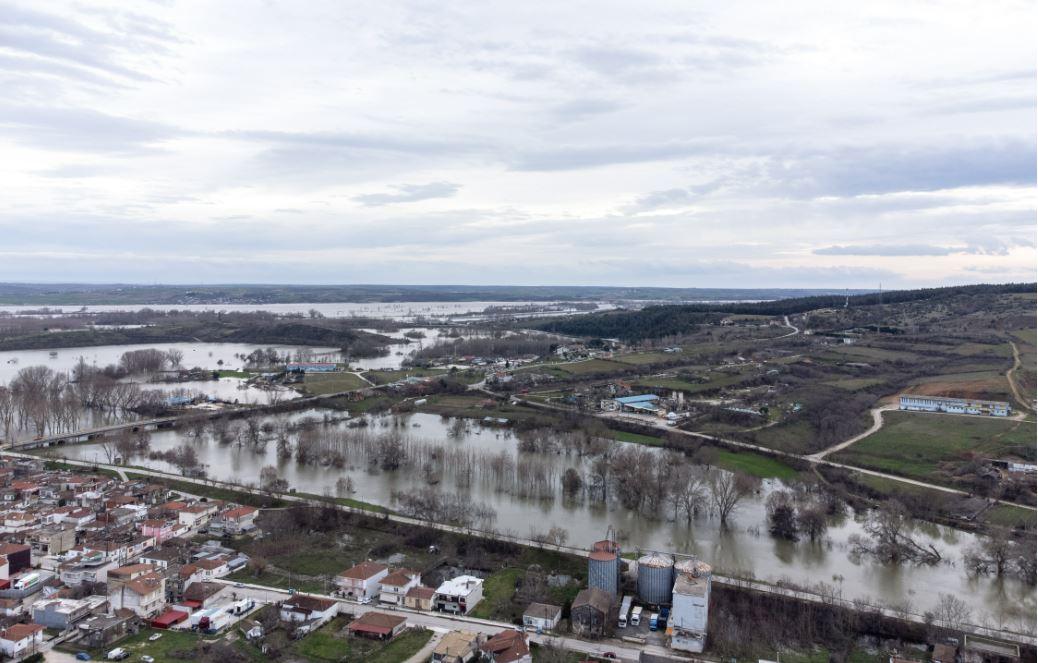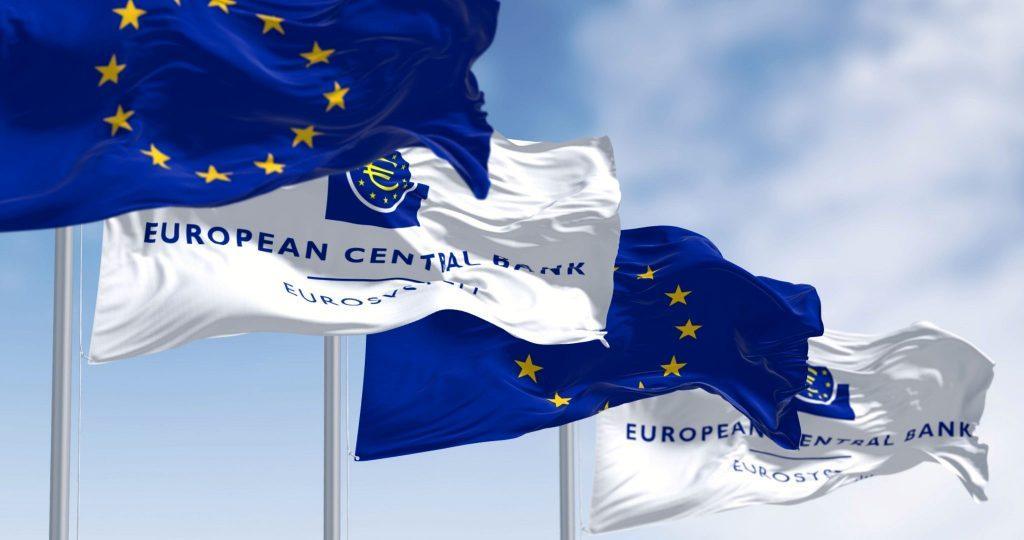Workplace sexual harassment and bullying are becoming increasingly common in Greece, according to a recent study by the Labour Institute of the General Confederation of Greek Workers (GSEE). The research paints a troubling picture of working life in Greece, where psychological pressure, poor training opportunities, and unsafe environments appear to be widespread.
High Stress and Low Support in the Greek Workplace
The study shows that 8 in 10 Greek workers experience high levels of psychological stress at work, with 51% reporting that the pressure negatively impacts their personal and social lives. Across all age groups, stress is a common issue:
- 47% of workers aged 17–34 feel anxious “always” or “most of the time”
- That number increases to 50% for ages 35–54 and 53% for those 55 and over
- Over half of workers aged 35 and up say workplace stress affects their life outside the office
Sexual Harassment and Bullying Still Pervasive
Alarmingly, sexual harassment and workplace bullying remain deeply rooted problems. These incidents are not limited to isolated cases, but appear to be systemic and multi-faceted. Key factors contributing to harassment include:
- Age (36%)
- Gender (27%)
- Sexual orientation (10%)
- Ethnicity (7%)
Among women, gender is the leading reason for harassment (42%), while age is the most commonly cited factor among men (35%). Ethnic background was more likely to be cited by men (15%) than women (3%). In younger workers (17–34), sexual orientation was the most frequently reported factor (10%).
Interestingly, those with higher levels of education were more likely to report harassment:
- 16% of workers with postgraduate or doctoral degrees
- 15% of those with technical or vocational training
Highly educated individuals cited gender (43%), age (36%), and ethnicity (20%) as the most common factors for experiencing harassment.
Most Pressured Industries
Workplace intensity and psychological strain are especially high in the following sectors:
- Education (79%)
- Scientific and technical services (77%)
- Manufacturing and hospitality (76%)
- Transport (72%)
- Healthcare (71%)
- Construction (70%)
- Retail (67%)
Larger businesses report greater levels of work-related pressure—84% of workers in companies with over 250 employees feel this stress, compared to 65% in companies with fewer than 10 employees. The personal toll is also greater in large firms, with 62% of workers saying their job negatively affects their private life.
Training and Skill Development Severely Lacking
Despite the rapid pace of technological change and the growing need for upskilling, the report highlights that employers in Greece rarely invest in staff training.
- 64% of employees say they have not participated in any employer-funded training
- Only 15% have received such training in the past year
Sectors performing worst in continuing education include:
- Education (70%)
- Media and communication (69%)
- Healthcare (65%)
- Manufacturing (58%)
In small businesses (1–9 employees), 79% of workers reported no access to training programs at all.
Health Consequences and Societal Impact
Prolonged exposure to workplace stress can lead to serious health issues, including burnout, sleep disorders, reduced productivity, increased errors, absenteeism, and even early retirement. These personal challenges come with broader economic consequences, placing additional strain on Greece’s healthcare and social security systems.
Source: tovima.com
















![Ακίνητα: Σε ποια εξοχικά στρέφονται οι επενδυτές [ πίνακας]](https://www.ot.gr/wp-content/uploads/2026/02/property-scaled.jpg)



















